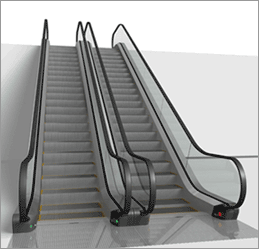n. [ OE. rroche; cf. AS. reohha, D. rog, roch, G. roche, LG. ruche, Dan. rokke ray, Sw. rocka, and E. ray a fish. ]
n. (Zool.) A cockroach. [ 1913 Webster ]
v. t.
a. Having a back like that of roach; -- said of a horse whose back a convex instead of a concave curve. [ 1913 Webster ]
n. [ AS. rād a riding, that on which one rides or travels, a road, fr. rīdan to ride. See Ride, and cf. Raid. ]
With easy roads he came to Leicester. Shak. [ 1913 Webster ]
The most villainous house in all the London road. Shak. [ 1913 Webster ]
☞ The word is generally applied to highways, and as a generic term it includes highway, street, and lane. [ 1913 Webster ]
Now strike your saile, ye jolly mariners,
For we be come unto a quiet rode [ road ]. Spenser. [ 1913 Webster ]
They are upon the road. Cowper. [ 1913 Webster ]
n. In railroads, the bed or foundation on which the superstructure (ties, rails, etc.) rests; in common roads, the whole material laid in place and ready for travel. [ 1913 Webster ]
n. sing. & pl. The body of an animal killed by a vehicle on a road;
a. Destitute of roads. [ 1913 Webster ]
n. One who makes roads. [ 1913 Webster ]
n. Land adjoining a road or highway; the part of a road or highway that borders the traveled part. Also used ajectively. [ 1913 Webster ]


